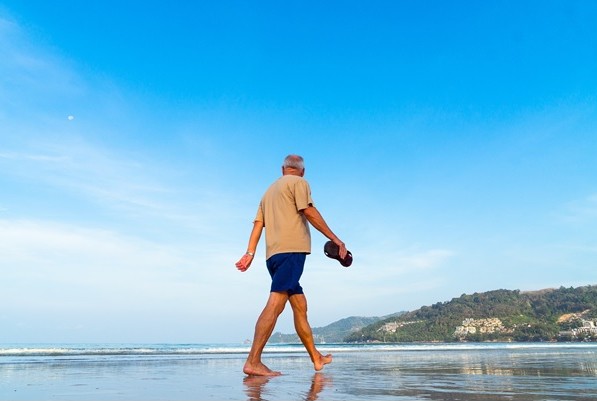
Parkinson’s disease is one of the most prevalent and well-known neurodegenerative diseases among the general population (Poewe et al., 2017). Like all neurodegenerative diseases, its physiopathology is based on progressive neuronal dysfunction and death in specific areas of the central nervous system. This process causes highly variable symptoms, which will depend on the functions in which the affected neurons formed part of within the functional network that is our nervous system (Bertram & Tanzi, 2005).
In the case of Parkinson’s disease, the basal ganglia are the focus of the condition. These groupings of neuronal bodies located in the brainstem participate in a wide range of functions such as movement control, emotional regulation, pain modulation, and intestinal motility. This is why patients with Parkinson’s disease have highly varied symptoms that go beyond the tremor commonly associated with this pathology, including sleep disorders, depression, fatigue, and pain (Poewe et al., 2017). Often, psychosocial alterations manifest before the characteristic motor dysfunction, which makes diagnosis difficult in the early stages of the disease (Poewe et al., 2017).
Similar clinical pictures to Parkinson’s disease, but with a different etiology of progressive neuronal deterioration, can develop. These pictures are called parkinsonisms and originate from various causes such as adverse effects of medication or repeated exposure to head injuries.
Like in most neurodegenerative diseases, the etiopathogenesis of Parkinson’s disease is not well identified. However, it is accepted that genetic, epigenetic, and environmental factors play a role in this regard. Physical activity has been proposed as one of the main environmental factors that could limit the chances of developing Parkinson’s disease (Bellou et al., 2016).
..Similarly, the results of a review of systematic reviews recently conducted by members of the UMSS group (García-Muñoz et al., 2023) suggest that the practice of mind-body exercises such as yoga can be an effective strategy for improving motor function and balance in these patients.
Therefore, on World Parkinson’s Day, from UMSS we encourage you to maintain high levels of physical activity to prevent the onset of this and other chronic diseases, as well as to consider implementing mind-body exercise-based strategies in your clinical practice with patients with Parkinson’s disease.

